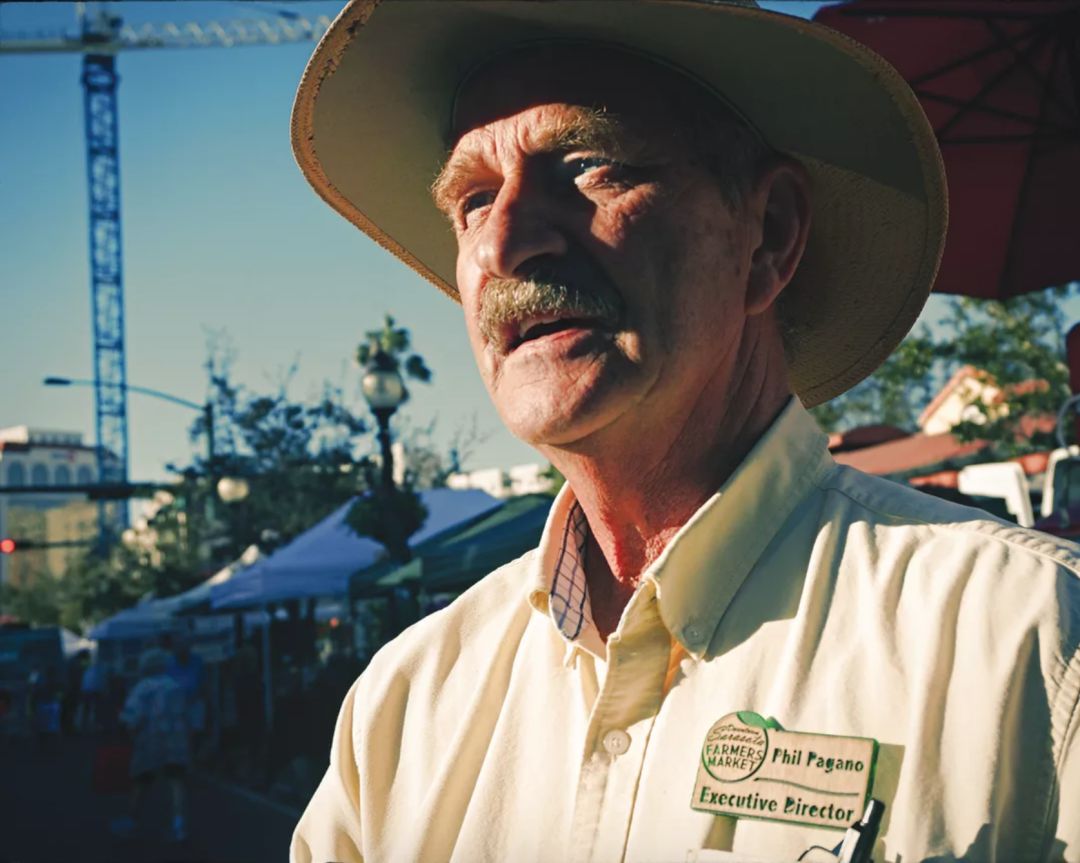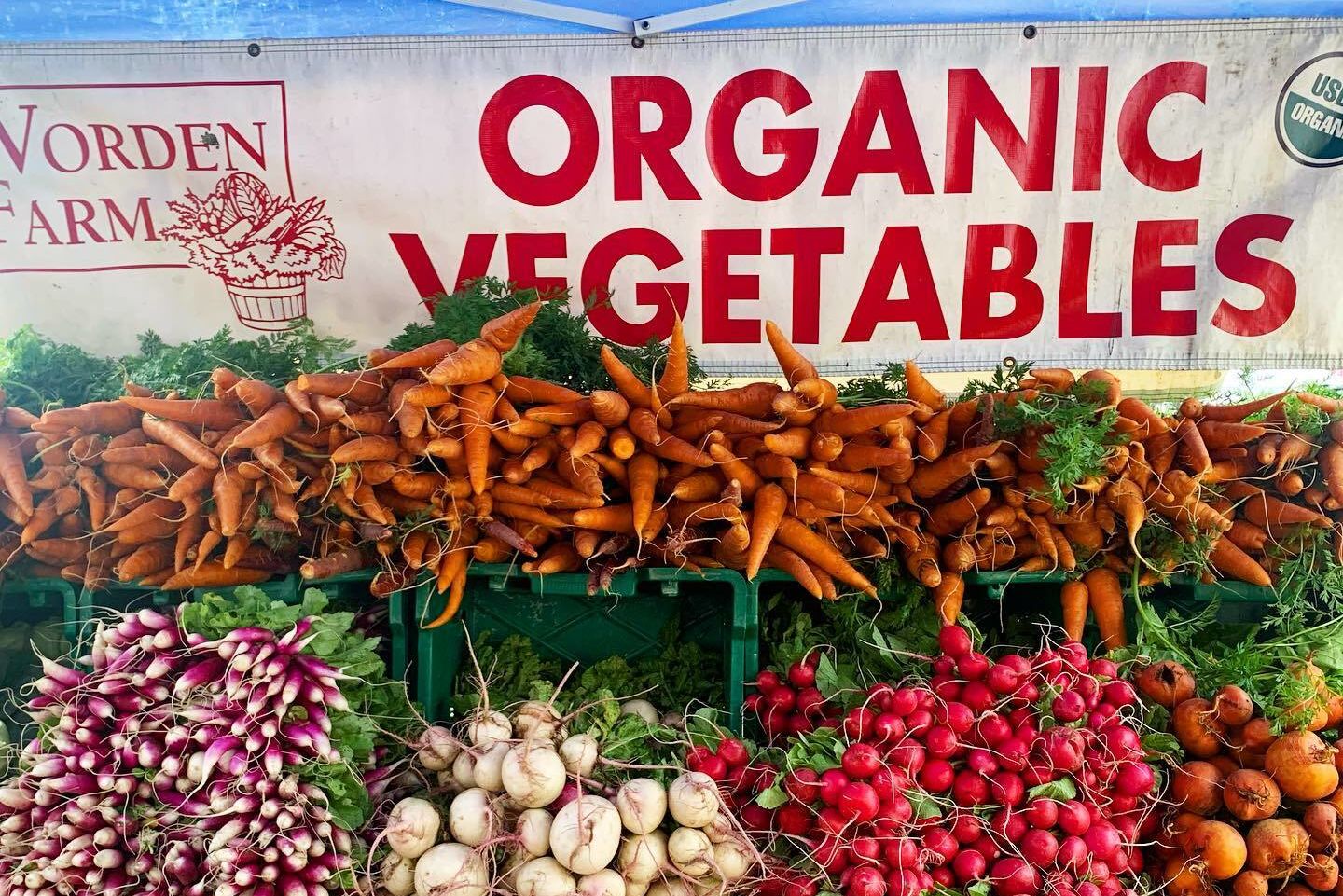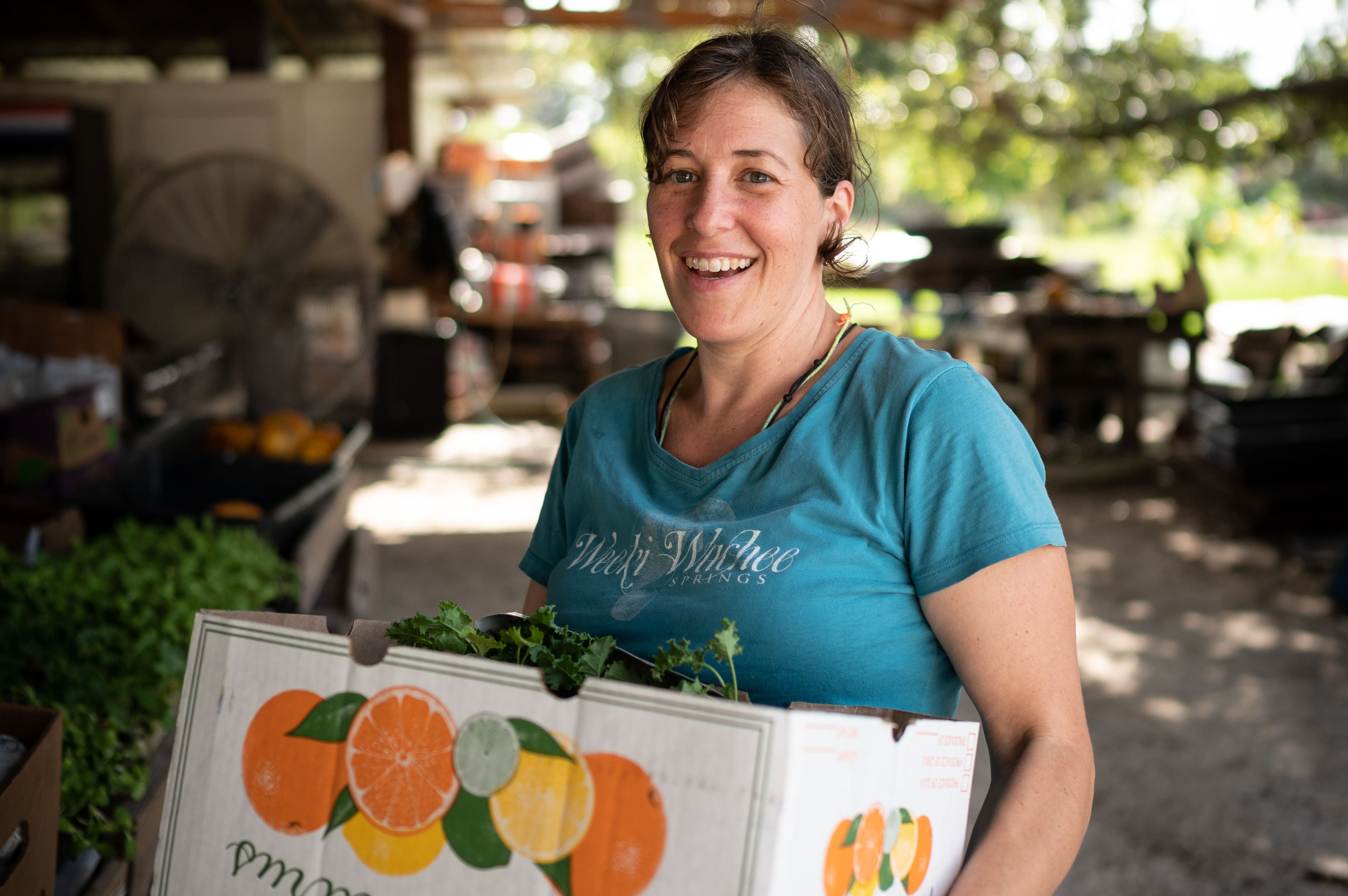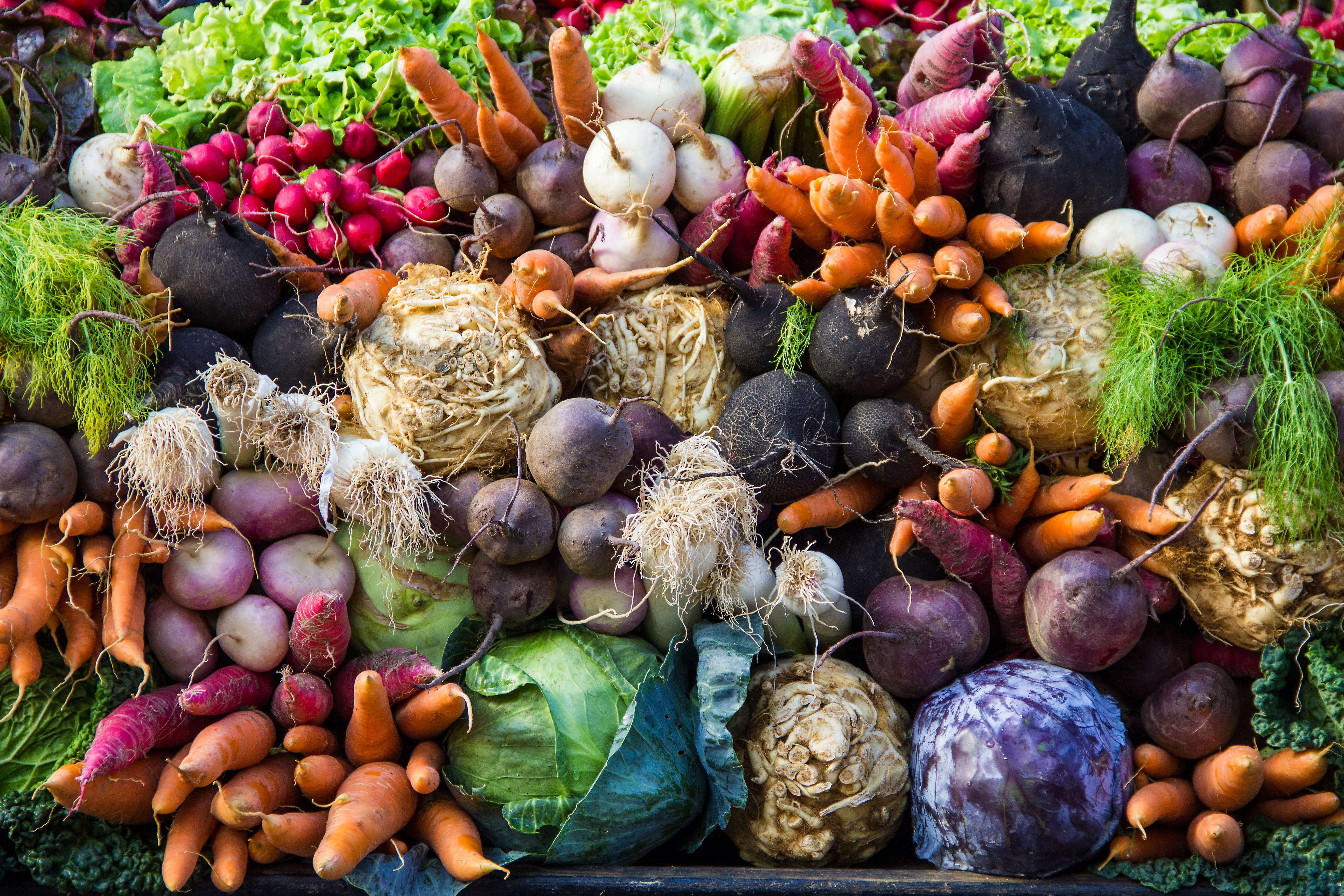Vendors Switch Up Sales Strategies in Wake of Farmers' Market Closures

Sarasota Farmers Market executive director Phil Pagano
Image: Robert Castro
On a typical Saturday morning in March, around 12,000 visitors descend on downtown Sarasota to shop for produce, seafood, meat and eggs at the Sarasota Farmers Market, but COVID-19 has put a halt to all that. The pandemic has also forced the closure of the Phillippi Farmhouse Market, the Bradenton Farmers' Market and other popular weekly gatherings. The shutdowns have forced vendors to scramble to come up with alternative ways to sell their goods, during what is normally their busiest season of the year.
"It was quite a shock to us," says Gary Balch, who owns Maggie's Seafood with his wife, Maggie Balch. Gary estimates that farmers' market sales make up 95 percent of Maggie's business.
In response, Maggie's is taking orders online and over the phone, and delivering seafood at two drop-off points, one in Venice and one in downtown Sarasota. Customers have responded, Balch says, but the new online sales aren't coming close to making up for lost farmers' market transactions. "What it's doing is covering our overhead," he says. "We're happy to have that."
Stefania Fochi typically sells between 800 and 1,300 empanadas every Saturday at the downtown market through her stand, The Empanada Girl. She also offers empanadas for sale at the Peperonata Pasta retail shop she shares with her parents, who make fresh pasta, ravioli and more. The shutdown of the downtown market has meant the loss of 80 percent of Fochi's empanada business. Restaurants and bars have also stopped ordering her empanadas.
"I've been trying to figure out how I can reach people with minimum contact and without crowds," Fochi says. Last week, she began taking empanada orders via Facebook and Instagram and making deliveries as far away as Tampa and St. Petersburg. Her goal is to keep some income coming in so she can continue to pay her employees.
Grove Ladder Farm, which sells eggs and meat at a handful of local markets, has seen a sharp uptick of online orders, according to Tim Clarkson, who runs the farm with his wife, Chelsea. The farm added the online ordering option last year to augment its market sales. Now that online orders are the only way to get the farm's products, the number of people logging in has exploded.
"We were just kind of ahead of the curve a little bit with implementing that online store," says Tim. "We're definitely fortunate to have that."
In addition to selling its own products, Grove Ladder is partnering with other local farms to help them get their produce to their customers. Grove Ladder offers twice-weekly drop-offs at four different locations in the area. Similarly, popular produce vendor Worden Farm has begun delivering boxes of its organic vegetables at various locations.
The shutdowns haven't just hurt vendors. They've also affected the staff who run the markets. The Sarasota Farmers Market, a nonprofit, has a handful of employees. "We basically have about a month of payroll that we have available," says Phil Pagano, the market's executive director. He and other employees have seen their pay cut in half. "We're trying to deal with it," he says.
The market is using its social media accounts and email newsletter to help vendors promote their new business models. Pagano's primary goal, however, is to keep people safe. "That's our first mission," he says. "We don't want anyone to get sick."



